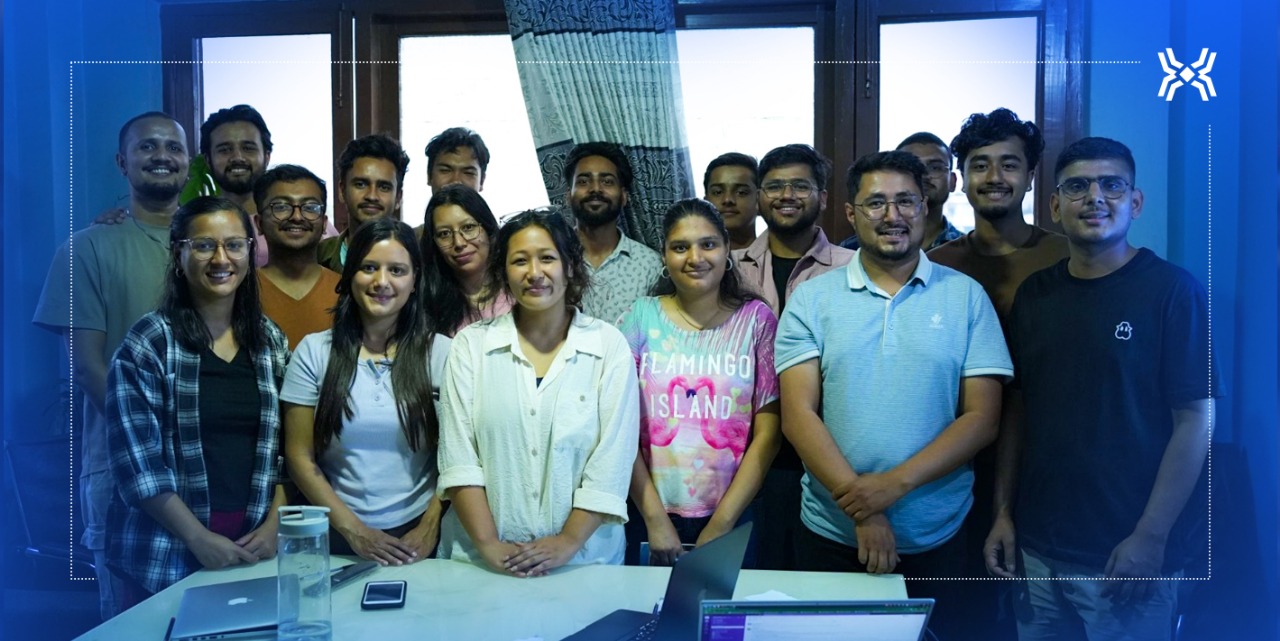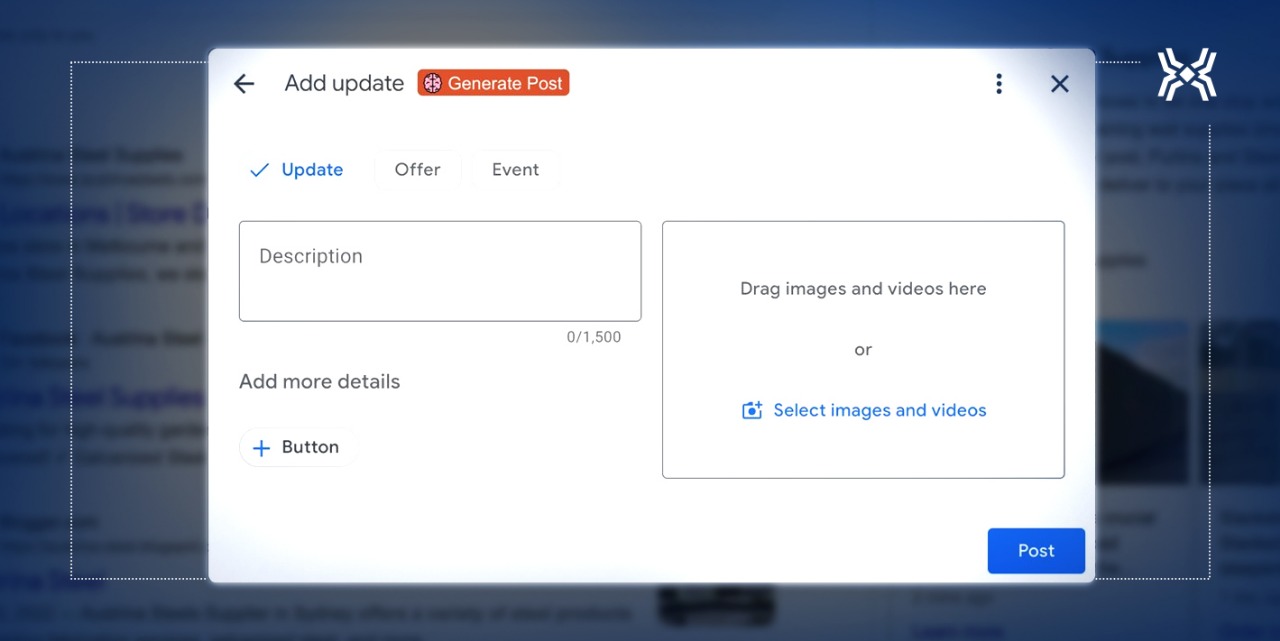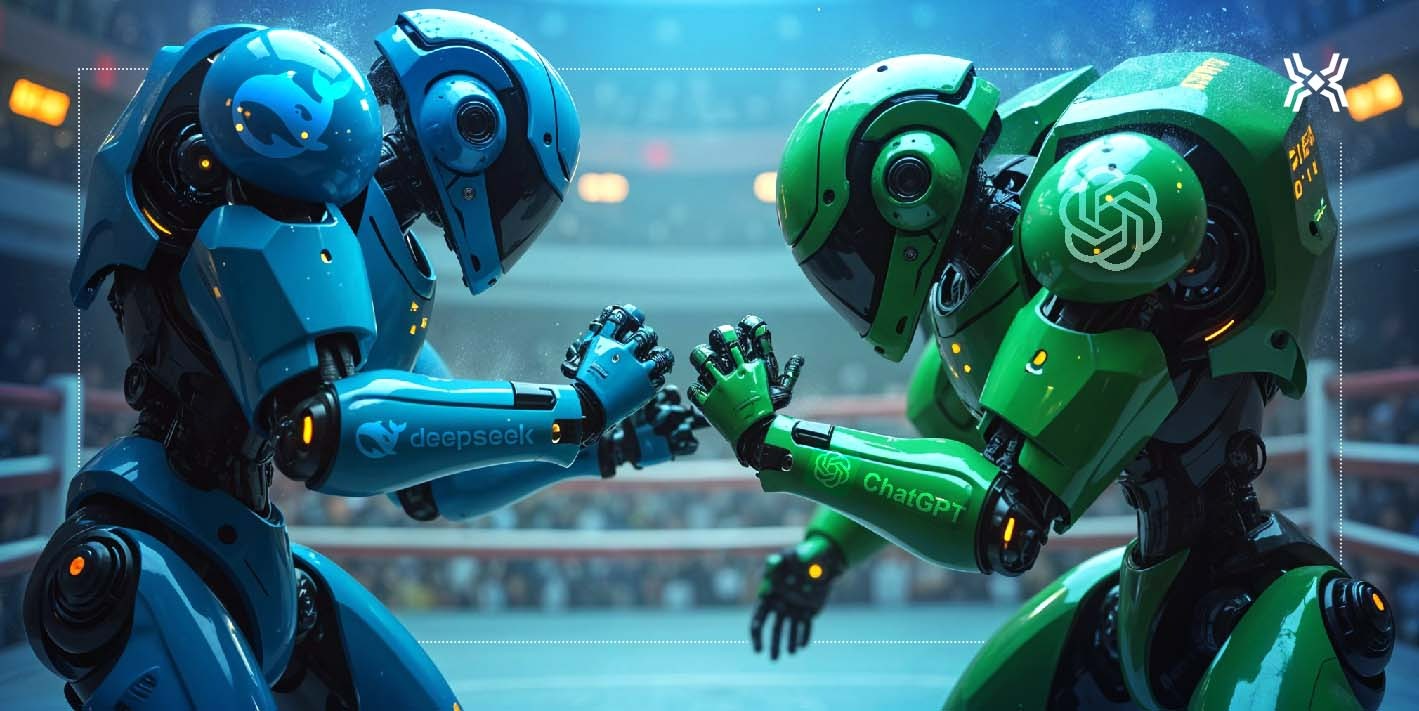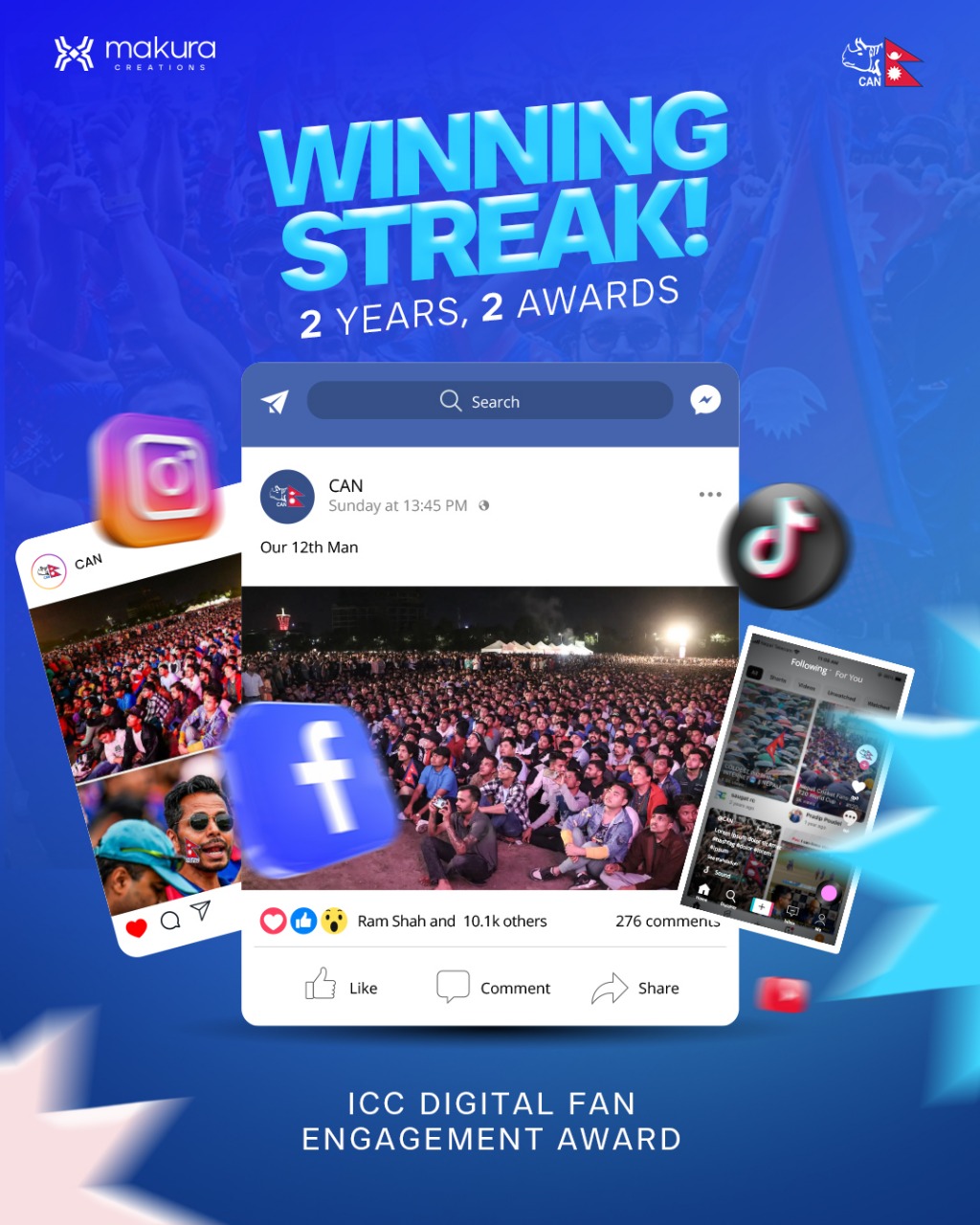AI is not the future but the present now. With the rise in large language models (LLMs), a multitude of AI-based applications have emerged, including Google’s Gemini, OpenAI’s ChatGPT, Microsoft’s Copilot, Meta’s offerings, and NVIDIA’s own innovations. ChatGPT, which revolutionized the AI landscape by 2024, continues to evolve and has become an essential part of our digital world.
Can you imagine what the next big thing in the AI world might be? While Artificial General Intelligence (AGI) is often cited as the ultimate goal, it may still take some time to achieve. Meanwhile, a significant development is already here: AI Agents.
Categorizing AI Paradigms
Before diving deeper into AI Agents, let’s categorize the current AI paradigms based on their work nature:
- Generative AI :Generative AI focuses on creating new content, such as text, images, music, or designs, by learning patterns from existing data. Examples include ChatGPT, DALL-E, and Canva, which generate human-like responses, creative visuals, and innovative designs.
- Agentic AI :
Agentic AI takes intelligence and applies it to action. These AI agents understand, think, and act to perform tasks autonomously, serving as digital employees or assistants. They transform data into knowledge and knowledge into actions, handling tasks like customer service, scheduling, and real-time decision-making. - Mechanical AI :
Mechanical AI automates repetitive and predefined tasks using algorithms and rules. It excels in operational efficiency, such as managing assembly lines, handling logistics, or performing basic computational tasks without requiring complex reasoning or adaptation.
We use generative AI daily, be it in ChatGPT, Copilot, DALL-E, Freepik, Canva, Leonardo, and Gamma.app. The field is in fast evolution. Today we are going to explore Agentic AI—AI agents that put the intelligence of AI into action.
What Are AI Agents?
The AI agent is a utility tool; it takes AI intelligence and turns it into action. They are a practical entity that balances the abstract brilliance of AI. Think of AI as the brain and the AI agent as the muscles.
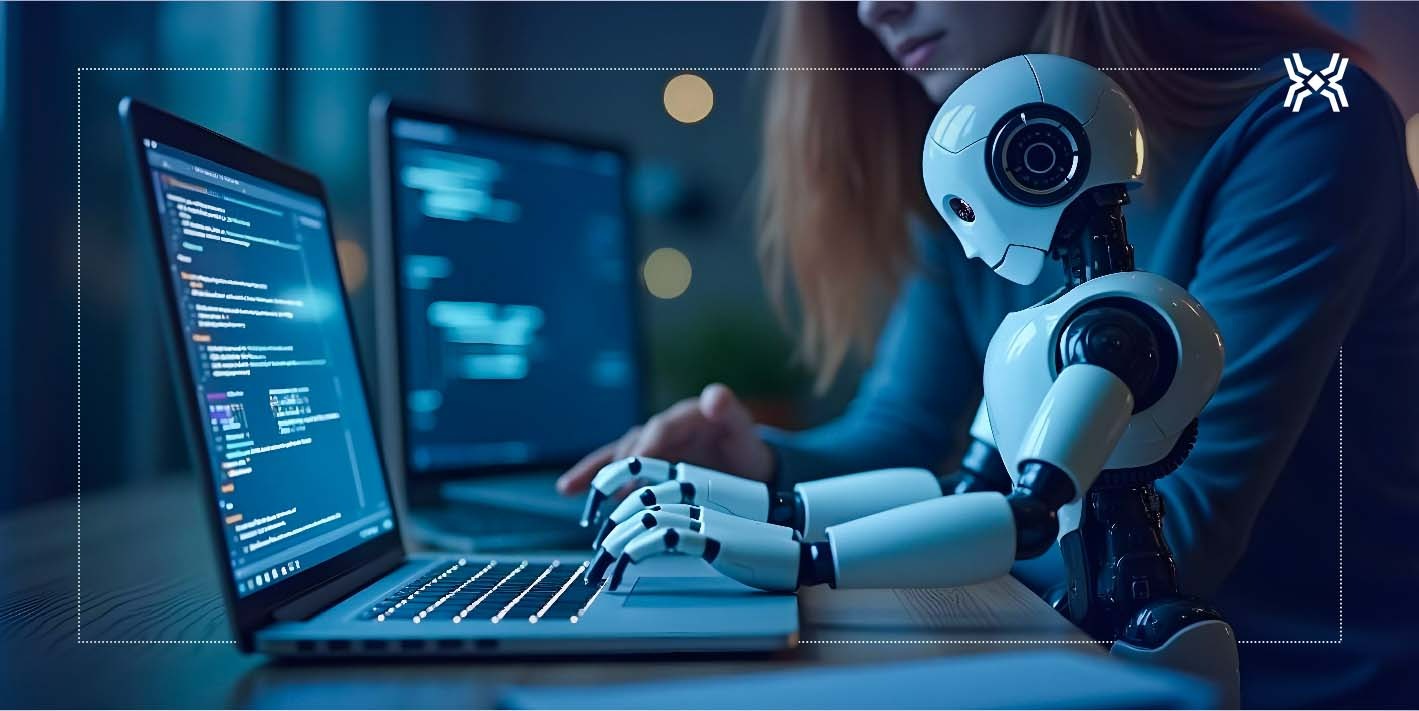
Key Capabilities of AI Agents:
- Understand: AI agents process and interpret input data, whether it’s text, images, or voice commands.
- Think: They analyze and derive meaningful insights from all this information.
- Act: They carry out the tasks with their understanding-be it sending emails, analyzing reports, or collaborating with other agents.
Developers fill these agents with data and prompts so that they can perform certain tasks with great efficiency. They can be described as digital employees who improve by learning, similar to the training of human workers.
What Does an AI Agent Look Like?
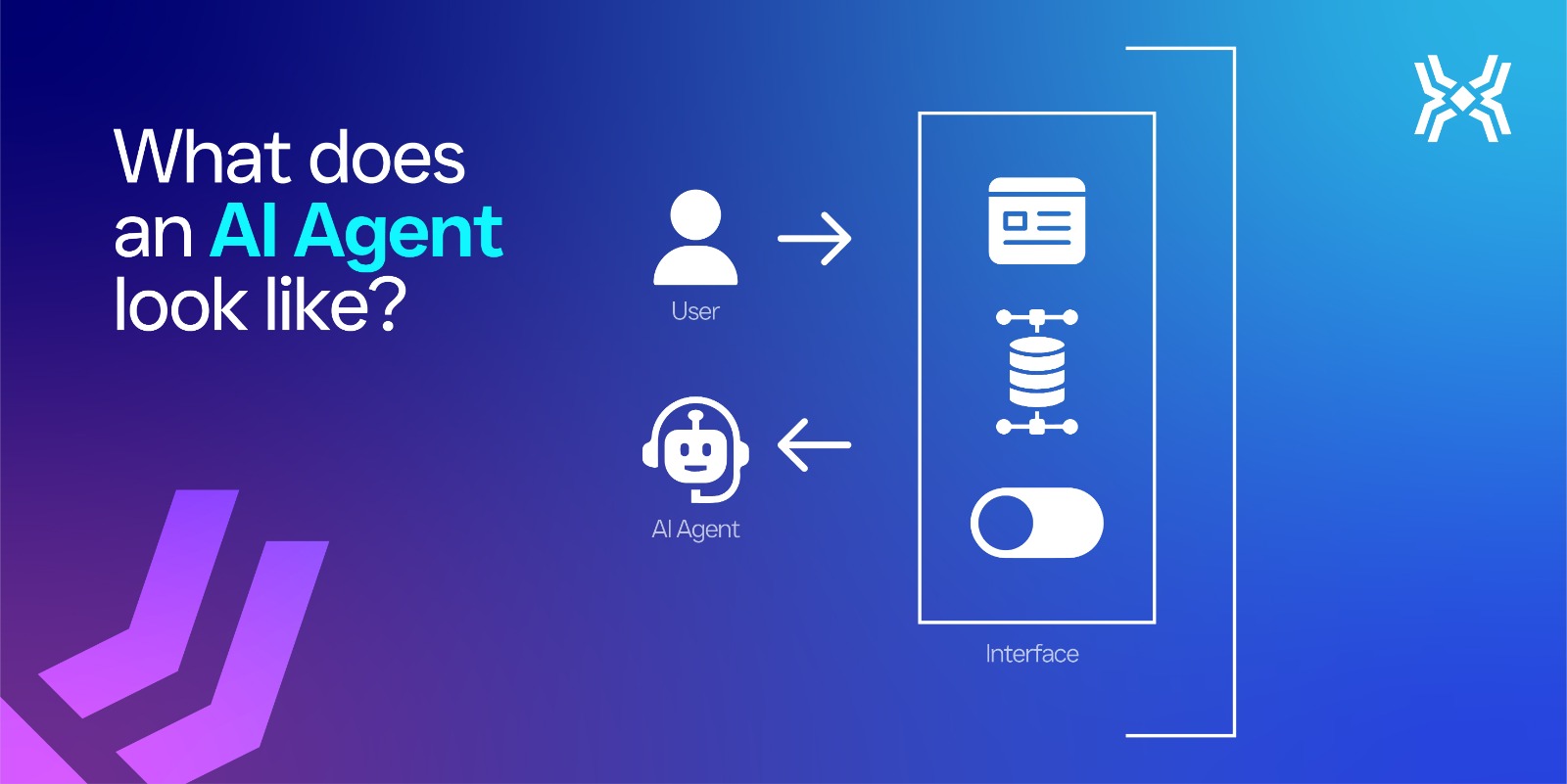
There are two major components in AI agents:
- Interface: The visible and interactive element that allows users to communicate with the agent. This can include dashboards, chat interfaces, or APIs.
- Workflow: The process underpinning the interaction between the agent’s input interpretation, data processing, and execution.
How Do AI Agents Work?
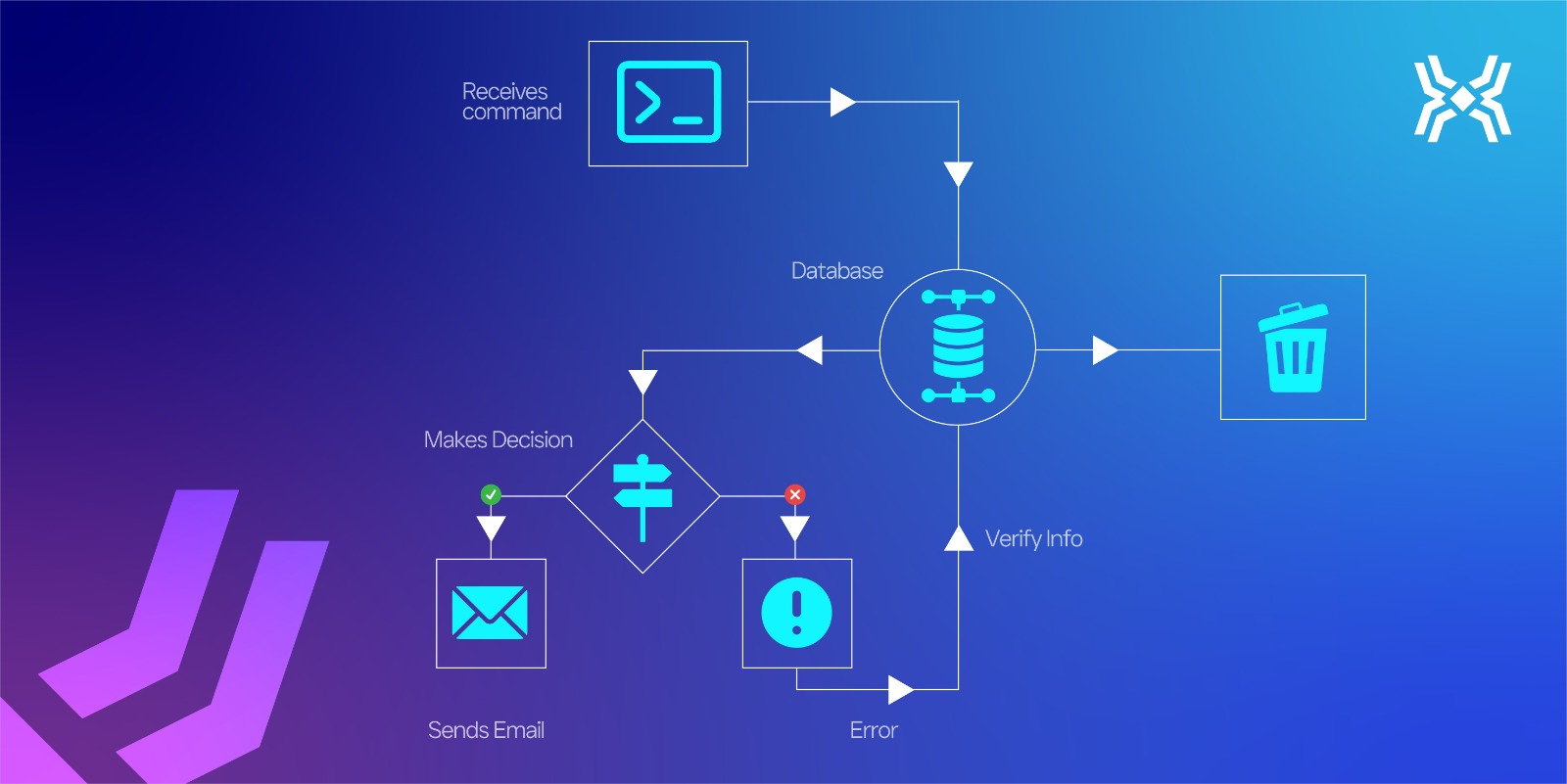
The Workflow of an AI Agent:
- Input: The agent receives data as a command, query, or raw information.
- Processing: Using AI models, the agent interprets and analyzes the data.
- Action: The agent executes a specific task based on its analysis.
- Learning: Through feedback loops, the agent refines its processes to improve future performance.
The Power of Agentic AI
What makes agentic AI so powerful is to transform data into knowledge and knowledge into action. Here are some of its standout features:
- Simplifying Routine Tasks: AI agents simplify routine tasks that are usually time-consuming.
- Collaboration: AI agents can interact with other agents in handling complex, multi-faceted projects, much like a human team.
- Digital Twins: Consider children growing up with an AI agent that would guide them, creating lifelong shared memories to become their digital twins.
- Improved Productivity: AI agents performing at least 50% of the tasks handled by humans will free up resources for other strategic and creative initiatives.
AI Agent Applications Across Industries
AI agents are finding applications across a variety of industries, revolutionizing workflows and increasing efficiency:
Travel Agencies
AI agents can create customized itineraries and serve as the front line of communication with clients. Need a list of all your guests arriving today or a follow-up on your leads? An AI agent can handle it seamlessly.
Education:
AI agents can assist educators with content creation, mentorship, knowledge sharing, and generating new ideas for teaching. They can become invaluable partners in personalized learning.
Business Owners:
AI agents provide real-time insights into business performance. For example, you can ask, “Hey, brief me on the status of my business this week,” or request meeting schedules, reports, and more. They act as personal assistants, streamlining operations.
NVIDIA’s Innovations in AI Agents
Companies like NVIDIA are at the forefront of the AI agent revolution. With tools like NVIDIA NeMo, Nymphs, and AI agent lifecycle memories, they have created blueprints for agents that:
- Execute complex workflows.
- Maintain memories across tasks.
- Provide instant insights to accelerate decision-making.
These advancements showcase how AI agents can transform industries, enabling faster marketing campaigns, smarter decision-making, and enhanced productivity.
Conclusion
AI agents represent the next frontier of artificial intelligence. By turning the intelligence of AI into actionable muscle, they’re poised to revolutionize industries, streamline workflows, and open up new possibilities for collaboration between humans and machines. From acting as digital employees to becoming lifelong digital twins, AI agents are set to redefine how we work and live.
The future isn’t just about smarter AI; it’s about AI that acts, learns, and collaborates—and that future is already here.

